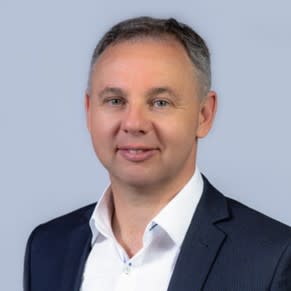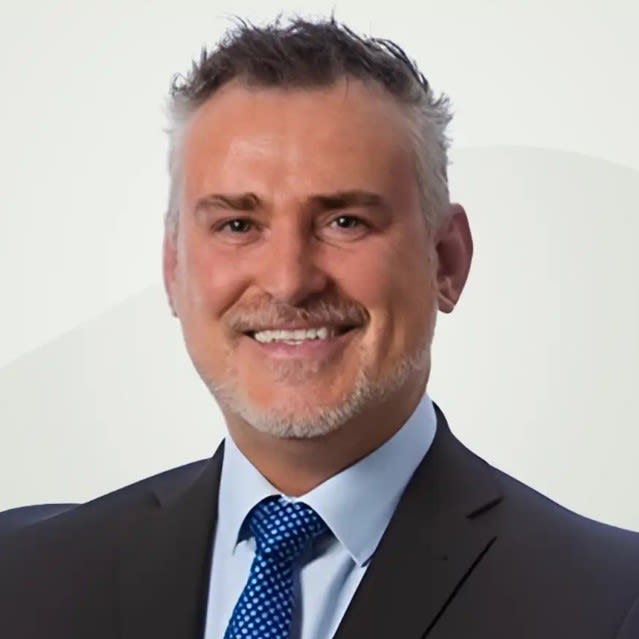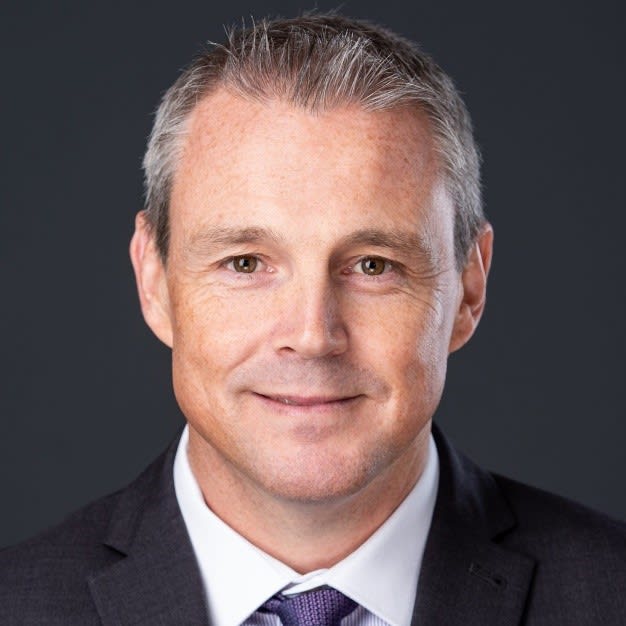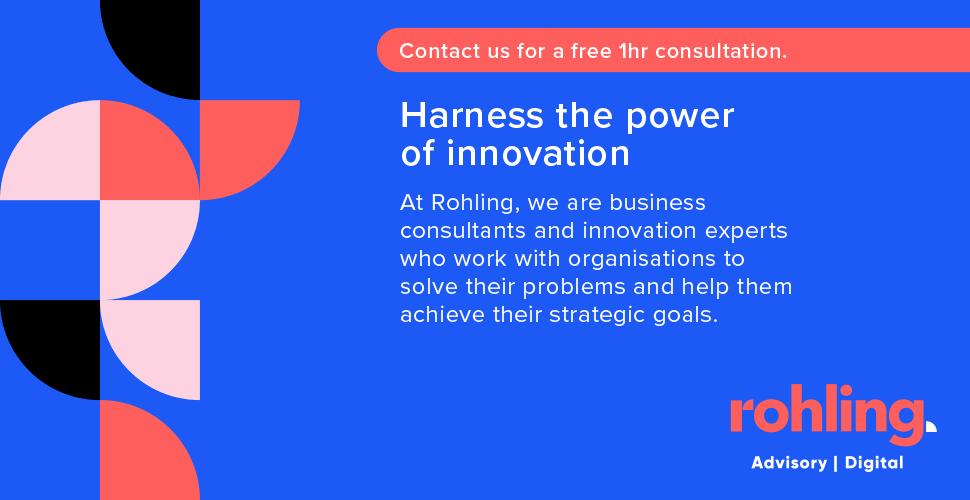Data: highly valuable if harnessed correctly, but dangerous if misused, and toxic if it escapes.
Digitising your data is a trap for many aged care operators.

The key to ensuring this digital uranium is used for good is to collect quality data in the right format without reams of irrelevant information.
But many organisations have digitised their operations and ended up instead with a data headache.
"We see it all the time. Many aged care providers have systems in place that are gathering immense amounts of poor-quality data they simply don't need.
“Not only is it inefficient, it leads to unnecessary risk and costs," says Darren Gossling, CEO of business and technology consulting company, Rohling.
"Like uranium, if you harness data incorrectly it can pollute your ecosystem, but if your organisation manages it well you can realise benefits that are transformative."
What leading CIOs say
Effectively taming data is a priority for aged care providers, according to Chief Information Officers from some of Australia's premier providers who were recently brought together by Rohling and DCM Group.

The key is to ensure that quality data is accumulated in the first place for the right reasons, according to CIO of Catholic Healthcare, Brett Reedman.
"There's that old adage, rubbish in, rubbish out," he said.
"If you look at AI, it's reliant upon data and it will only produce what the data tells it, and if it's rubbish data then you'll get rubbish answers. So that's a real area of focus, I think, for most businesses nowadays: trying to improve that data quality."
CIO at ACH Group, Craig Carter said the current approach to data is a change from the days of old when quantity was king.

"We used to think you can never have too little data. I think we've gone the opposite now. You've got to understand why you are capturing the information and what are you going to do with it because if you have the information and you don't do anything with it, it's actually a huge risk."
Data can be a liability: just ask MediBank and Optus
For Daniel Pettman, CIO at BaptistCare, it is essential to balance the very real risks with the rewards.

"It's about balancing both sides of the ledger. You don't want to keep data longer than you have to or you're legislated to because it becomes a liability, potentially. On the other hand, capturing lots of data can give you insights into trends, decisions," he said.
"There's a real tension there. In the past it was all about getting as much data as you could in making the decisions. And in the last few years with the Medibank and the Optus hacks, we've become very, very aware of the liability side of that data.”
“And the cost to store data for longer as well. You've got to have good practices in both those areas. You've got to know your data, you've got to know the risk around that data, but you've also got to treat it as a strategic asset."
Cybersecurity on the agenda
Being data custodians is an important responsibility for aged care providers, especially with the need for high level understanding of the evolving cybersecurity landscape.
"We've all been going through the pains of gaining cybersecurity insurance and so the insurers nowadays are starting to focus more heavily on the data off the back of the Medibank and the Optus issues," Brett said.
"One of my focuses at the moment is on how we de-identify our non-production environment so the data still retains its rich relationships, so the data is still valuable to you from understanding your data, but it's completely de-identified."
Complex data retention laws also mean the stakes are high and escalating.
"We just rewrote our data retention policy about six months ago and the number of state and federal laws that you have to comply with and the type of data that we store all has different legislative requirements; from keeping data in perpetuity right the way through to 100 years for this, 15 years for that. But if it's this, then it's another 15 and 10 years for that," Brett said.
"And it's almost like, OK, well what's the longest period I have to retain the data and I'll just keep it all for that, which is what you don't want to do. But it's not easy in terms of trying to work out how you retain your data and particularly in your production environments."
Put the foundations in place now

The problem is compounded with the need to rely on third party systems, according to Fiona Caldwell, Estia Health's CIO.
"I think with every technology it improves stuff and it creates new headaches," Fiona said.
"Getting the data quality right is the critical piece. The problem is, with any system, if the data in it is not useful, then the output is not going to be useful."
“We're using a lot of third-party systems where we don't have validation on data entry. And so there are data quality issues with some of the data that flows through and ways to proactively identify and fix that data is really important."
For Anglicare CIO Mick Young, the challenge is real when the potential benefits – now and into the future – are so significant:

"How do we prepare ourselves to be ready to take advantage of new IoT devices, particularly in the medical space and improving personal safety through the use of devices so that if someone's in trouble that's identified straightaway?
“How do we use machine learning and more generally our data to drive better predictive models so that we can recognise if someone's quality of life is deteriorating, if they're at increased risk of falls?”
"For me, when I think about the roadblocks and the challenges we've got, it's actually around the foundations we need to put in place so we're able to take advantage of those things," Mick said.
For expert advice on your data collection, retention and cybersecurity needs, go to rohling.com.au.



